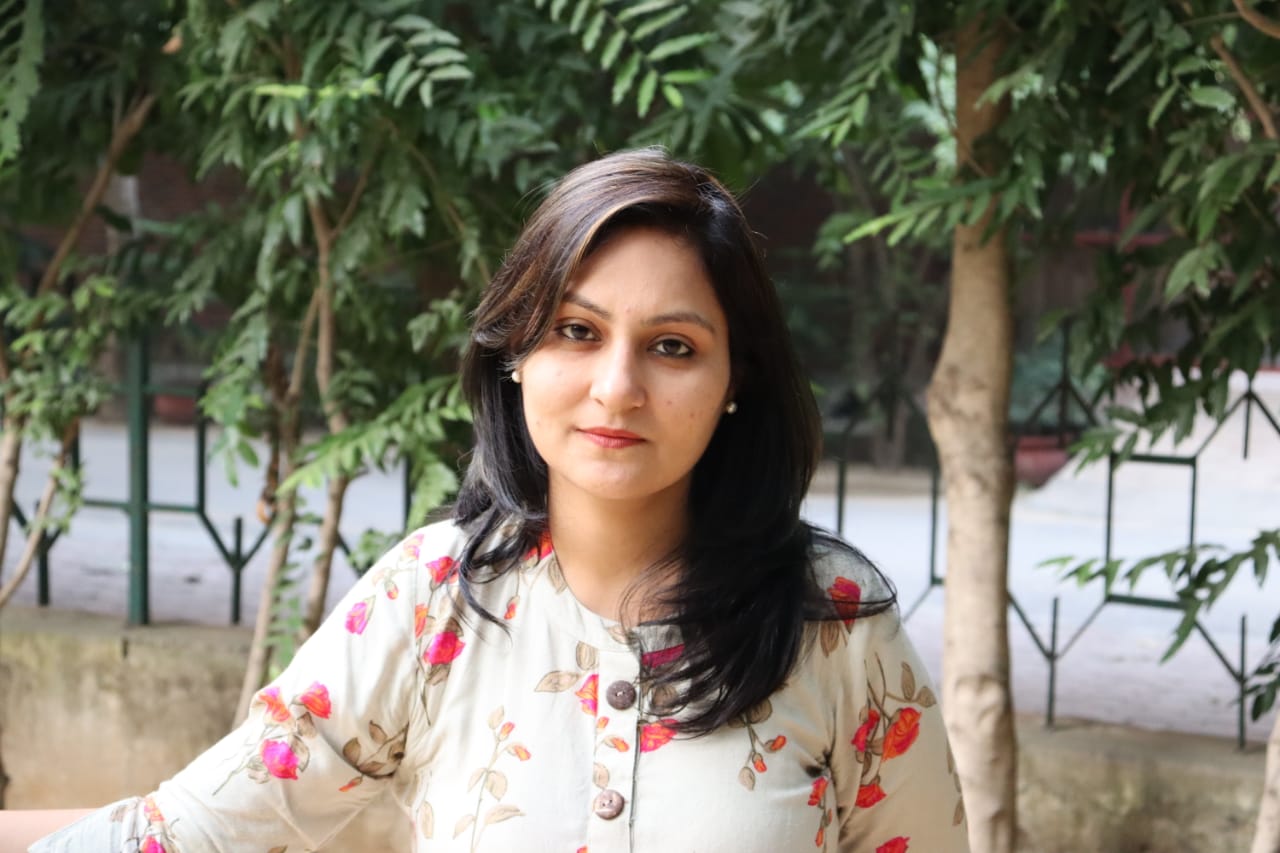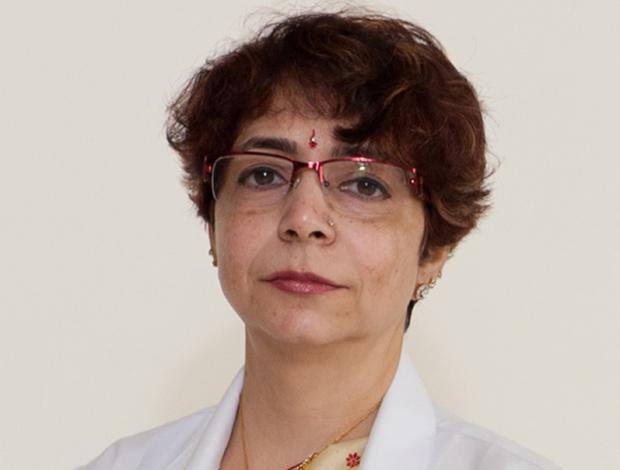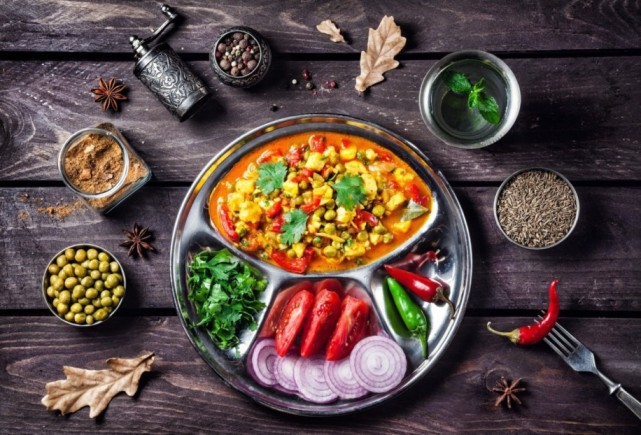This article is a part of a series by The Better India to share verified information about COVID-19 care. While several posts on various aspects of fighting COVID-19 are being circulated on social media and messaging services like WhatsApp, we urge you not to trust unverified content. To separate fact from fiction, we will be sharing the videos and content with doctors and experts and bring you their responses with scientific research-backed information.
If you or someone you know has recovered from COVID-19, you must be wondering about the right diet and nutrition.
Dr Archana Batra, a dietitian and certified diabetes educator based in Gurugram and Dr Bela Sharma, additional director, Internal Medicine, Fortis Memorial Research Institute, help us understand how important it is to focus on nutrition and immunity post COVID-19 recovery.
1. Once someone tests negative for COVID-19, what kind of nutrition do they need?
Dr Batra: Post recovery, it is ideal to follow a balanced diet with a lot of emphasis on protein, calcium and protective foods like fruits and vegetables. This is not the time to focus on losing weight. It is important that you consume adequate calories so as to regain health and stamina.
Consider having small frequent meals rather than one large meal. Having three main meals, and two to three healthy snacks in between, might be helpful. Include proteins in every meal since proteins help speed up recovery.
If during your isolation period, you have spent a lot of time under bedrest, you might have lost a lot of muscle mass. This hampers immunity, strength and can also prolong recovery. Therefore, consciously include protein-rich foods in your diet.
2. Any particular food group one must consume consciously?

Dr Batra: Yes, as mentioned earlier, make proteins your best friend. Protein requirements depend upon age, physical activity, height and weight of the person. Eating protein throughout the day is more beneficial than consuming one protein-heavy meal.
Protein supplements can also be included if the protein requirement cannot be met through food.
As a guideline, consume 25 to 35 g of protein at each of your three meals and 10 to 20 g at each of the two to three snacks per day. Another good way is to consume proteins anywhere between 1 to 1.5 g for every kilo of body weight.
4. Is there a chance of contracting COVID-19 more than once?

Dr Sharma: Yes, the chances of re-infection are high. One has to continue to maintain COVID-19 appropriate behaviour. However, chances of re-infection are not immediate and might happen after three to six months from the first infection.
5. When is it appropriate to start mild exercise/walks post recovery?
Dr Sharma: This should be governed by how each individual feels post recovery. We have seen that patients start getting back to their routine about two to three weeks post recovery. Some patients get back to routine faster, while some feel fatigue and body aches even after four weeks. It would be ideal to look for signs that your body gives you.
6. What should one stay away from?
Dr Batra: Fried and fatty food, sugary foods which provide no nutrients to the body or, in other words, consume foods with empty calories. Also refrain from consuming cold, sour items as well as processed and spicy foods.
Start your post recovery diet with bland and easy to digest food till the time you fully recover.
7. When can one consume alcohol and in what quantity?
Dr Batra: All of us know that smoking is not good for lungs but only few know that consumption of alcohol can also impact the lungs. Increased alcohol consumption not just increases the risk of contracting COVID-19 but hampers the post recovery phase as well.
To regain and build on stamina and immunity it is important to stay away from alcoholic beverages for at least a few months.
Dr Batra’s diet plan for those recovering from COVID-19:

- Start your day with consuming soaked almonds and walnuts with a glass of almond milk or dairy milk.
- Ensure that you have a wholesome breakfast. This could include, oatmeal pancakes/egg omelette with vegetables and multigrain toast /vegetable, bulgar with boiled egg / besan (gram flour) or moong dal chilla with veggies / multigrain dosa with chutney.
- Mid-morning snack should include sprouts, fruit chaat, sattu drink (roasted gram flour) or chana chaat, with a fruit serving.
- For lunch, preferably have a home-cooked, multigrain flour-based chapatis with vegetables and a source of protein which can be dal/chicken/fish. (Do note: You can add chana (gram)/sattu/soya flour to the flour to make protein rich chapatis.)
You could also consider having vegetable khichdi or dal-rice and your choice of vegetables. - Late afternoon snack to include few nuts and dry fruits with one tablespoon of pumpkin seeds. Having a trail mix of nuts and seeds is a good idea.
- Evening snack should include a protein-rich meal like besan chilla / boiled eggs / omelette / sprouts chaat or one can also consider having makhanas (fox nuts) with some roasted chana.
- For dinner, multigrain chapatis with vegetables and a source of protein would make it a balanced meal.
Things to note: It is important to have dinner at least two to three hours before going to bed. Some patients do experience gastric issues post COVID-19 recovery, so make sure that you avoid heavy meals.
(Edited by Yoshita Rao)
No comments:
Post a Comment